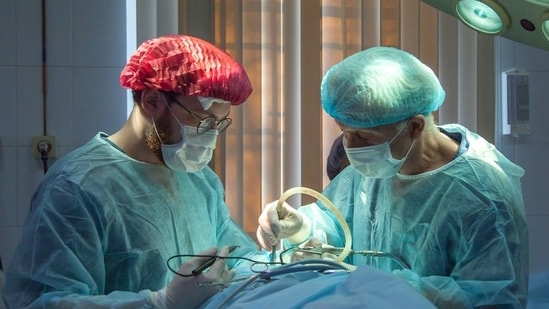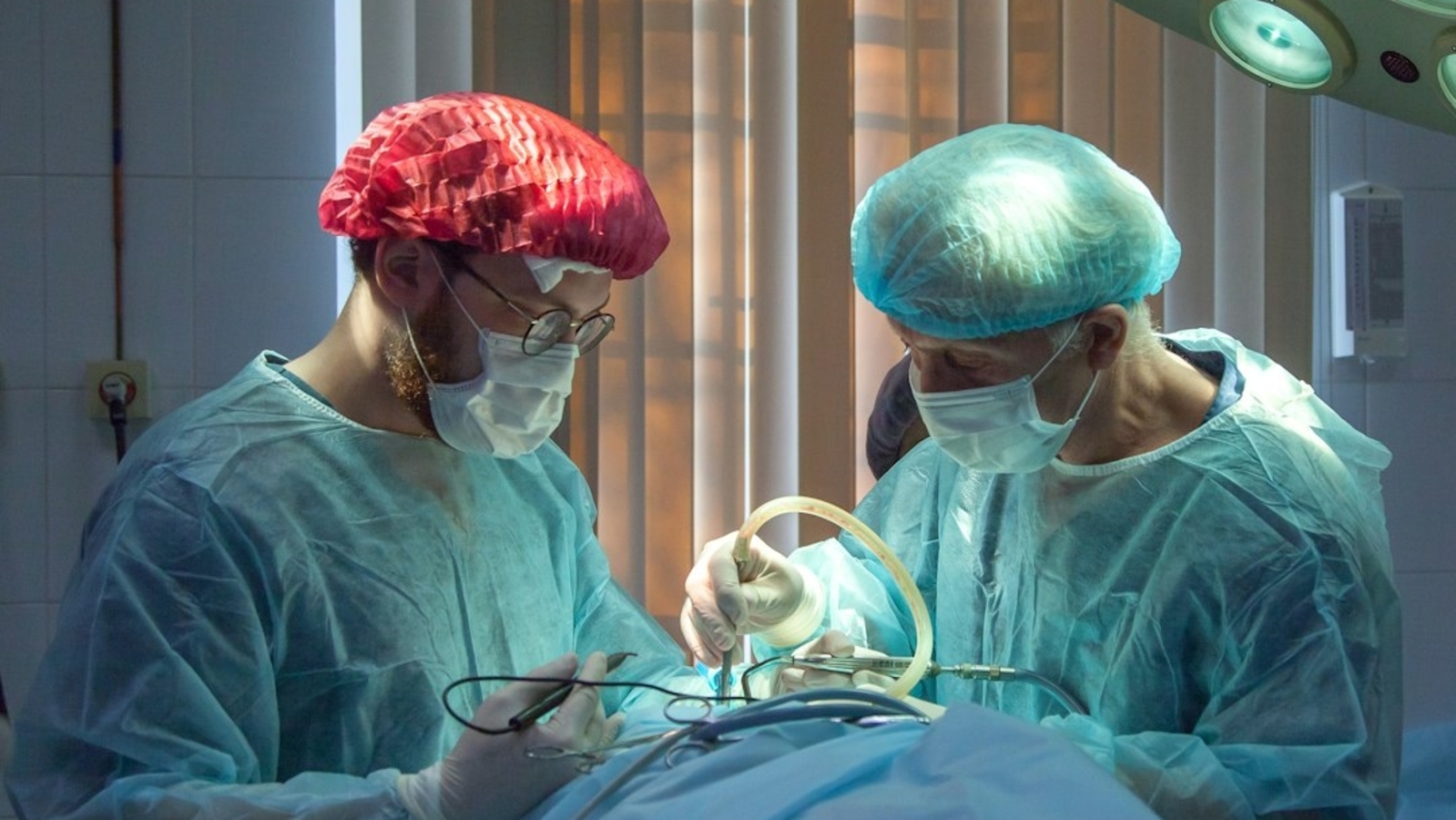The $100,000 fees imposed on new H1-B visas were part of President Donald Trump’s stated mission to prioritize American workers. However, as a CNN report illustrates, there is growing worry among healthcare professionals that the disruption in the supply of qualified medical professionals could leave underserved areas of the country worse off.
 Massive increase in H1-B visa fee could hurt medical care facilities in less served and rural areas of USA(Unsplash) H1B fee hike affects health care
Massive increase in H1-B visa fee could hurt medical care facilities in less served and rural areas of USA(Unsplash) H1B fee hike affects health care
“There’s no way we’re going to pay $100,000,” Caroline Lundry, residency program coordinator at St. Luke’s Hospital in Chesterfield, Missouri, told CNN. “We pool from international graduates, and if we’re going to take away the H-1Bs from that, it’s going to shrink our pool of choices.”
The same report of CNN cites a 2021 study by the National Institutes of Health. It revealed that 64 percent of foreign medical graduates were practicing in what are described as “medically underserved or health professional shortage areas.” A large percentage of them are active in rural areas.
Additionally, a 2024 report by the Health Resources and Services Administration stated that the USA needs 13,075 more physicians to fill shortages. This number would grow to 87,150 by 2037. In this context, the prohibitive fees on H1-B visas would lead to a massive shortage in the supply of qualified medical professionals.
Already, the American Medical Association and 50 other healthcare-related associations have issued a plea to the President asking for international medical graduates to be exempted from paying the H1-B visa’s exorbitant fee, CNN reports.
American healthcare under duress
As per The Guardian, one in four physicians in the US is foreign-born, emphasizing how much the country relies on H1-B visa holders for providing basic healthcare. This year alone, foreign graduates accounted for more than 6,600 positions in the residency match. A large number of these are in the family medicine and internal medicine departments.
American graduates, The Guardian report states, usually avoid these specialties as they can find higher-paying jobs in other areas. So, the regular supply of foreign-born graduates is a key component of fulfilling the needs of the American healthcare system.
FAQsWhen was the fee for an H1-B visa raised to $100,000?
President Trump proclaimed on September 19, announcing the hike.
How much was the fee earlier?
It was just $3,000.
How much of a shortfall would there be of medical professionals?
A 2024 report by the Health Resources and Services Administration had said that the USA needs 13,075 more physicians.

